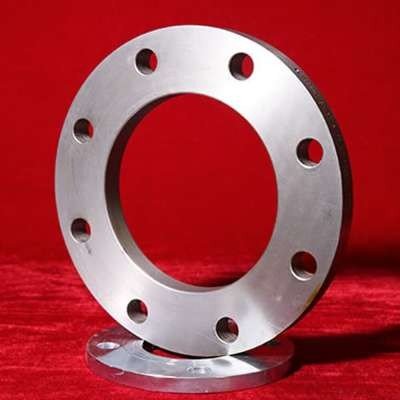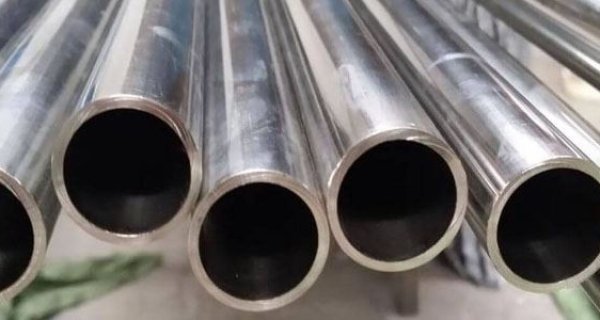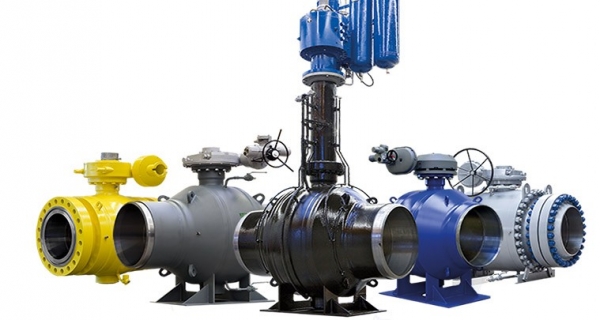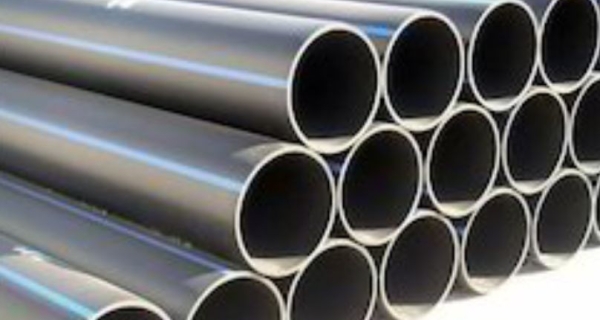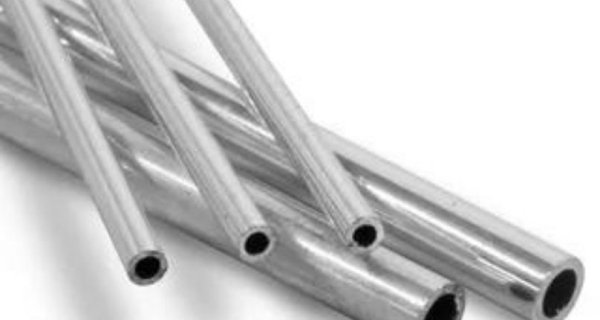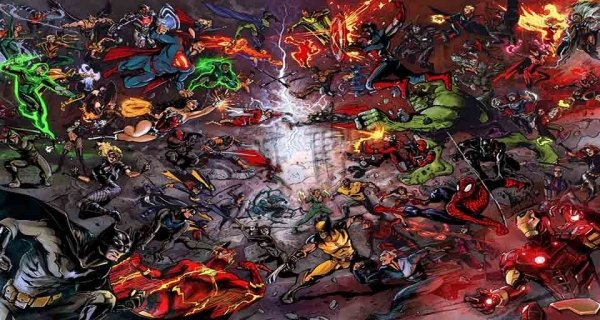What is The Difference Between NSE and BSE
The Bombay Stock Exchange was Asia's first and oldest stock exchange. It was first called The Native Share & Stock Brokers Association and was established in 1875.
Posted 3 years ago in other, updated 3 years ago.
1. BSE Full Form
The Bombay Stock Exchange was Asia's first and oldest stock exchange. It was first called The Native Share & Stock Brokers Association and was established in 1875.
Sensex started out as an equity index in 1986. This will serve as a foundation for locating the top 30 trading companies on the market across more than ten sectors.
2. NSE Full Form
One of the biggest exchanges in the nation is still the National Stock Exchange. 1992 witnessed the introduction of NSE, and its chief executive officer was Vikram Limaye.
1993 SEBI approved it as a stock exchange and started operating in 1994. The wholesale debt market was launched first, and the cash market segment was created shortly after.
3. What is The Difference Between NSE and BSE
The Bombay Stock Exchange (BSE) and National Stock Exchange (NSE) are the two major stock exchanges in India. These two stock markets have become the biggest in Asia, only being surpassed by those in Japan and China.
One of Asia's oldest stock exchanges, the Bombay Stock Exchange opened its doors on July 9, 1875, under the name "The Native Share & Stock Brokers Association."
In regard to market capitalization, the National Stock Exchange is the largest stock exchange in India. It was the first exchange to provide entirely computerised trading to India when it first started operating in 1992.
Difference
NSE
Benchmark Index - NIFTY 50
Companies Listed - 5,000+
Liquidity - HIGH LIQUIDITY
BSE
Benchmark Index - BSE SENSEX
Companies Listed - 2,000
Liquidity - COMPARATIVELY LOW
4. Number Of Members In NSE And BSE
NSE has more than 1000 members, in contrast to over 874 brokers that are members of the BSE nationwide.
A potential trader can join the NSE in any of the following market segment combinations: the Wholesale Debt Market segment, the Capital Market (CM) segment and the Futures and Options segment, the CM segment and the WDM segment, or the CM segment, the WDM segment, and the F and O segment.
Members may register as Trading Members, Trading Cumulative Clearing Members, Professional Clearing Members, Limited Trading Members, or Self Clearing Members at BSE, where there is no such thing.
5. Why Does The NSE Have A Large Number Of Traders?
Due to a number of factors, a few of which are given below, NSE eventually overtook BSE to become India's top stock exchange:
Technology: Trading on the NSE was faster and more efficient than on the BSE thanks to its advanced and dependable technology infrastructure.
Products: The NSE provided a wider variety of financial products, including derivatives, which attracted more traders and investors.
Transparency: NSE placed a significant emphasis on disclosure and transparency, which inspired investor faith and prevented fraudulent activity.
Liquidity: The NSE had a reputation for having better levels of liquidity, resulting in more trading activity and higher trade volumes, making it simpler for investors to buy and sell securities.
Efficiency: The NSE implemented many efficiency-boosting measures, including as marketplace-wide circuit breakers, which served to stabilise the market during volatile periods.
A favourable regulatory environment was created by the Securities and Exchange Board of India (SEBI), which allowed NSE to launch new products without seeking previous approval. As a result, NSE expanded more quickly than BSE.
Overall, NSE became India's favourite stock exchange, surpassing BSE, because of a combination of technology, product selection, transparency, liquidity, efficiency, and regulatory environment.
Check Out IPO Upcoming, Upcoming SME IPO List 2023 and Latest IPO Grey Market Premium.
Read Our Blog To know How To Maximise Profits: NSE And BSE – What Is The Big Difference
